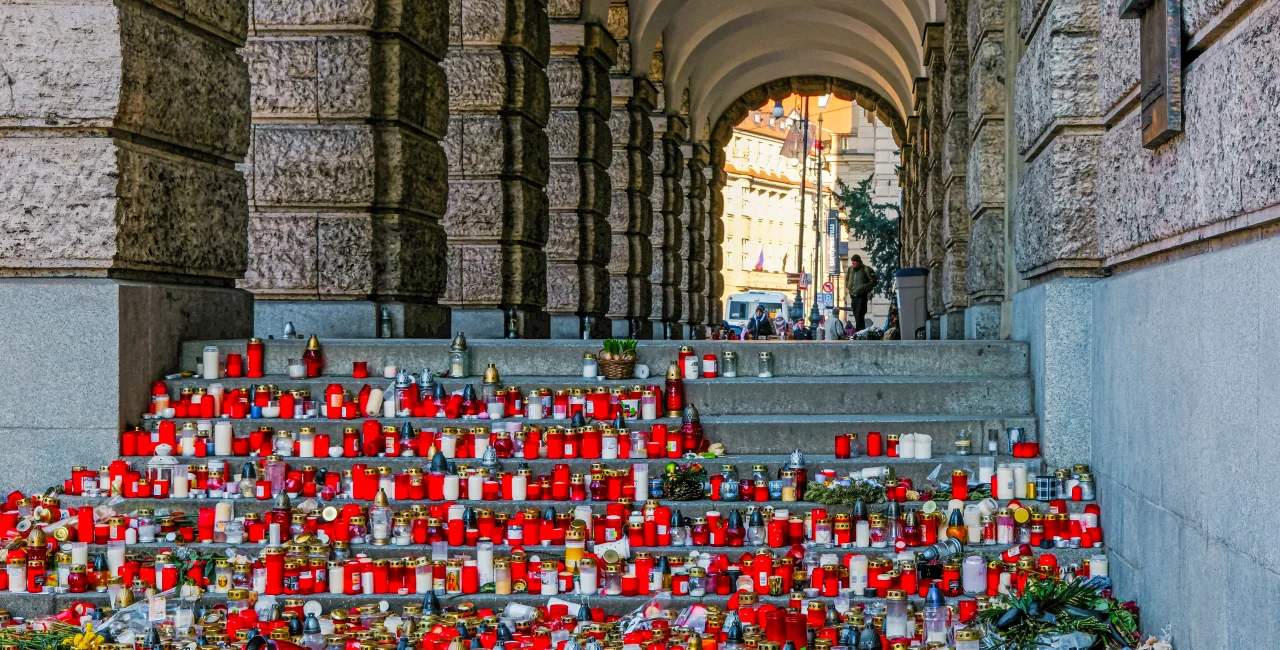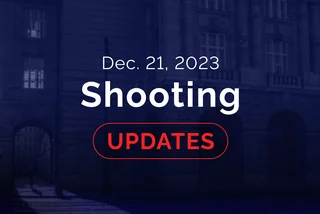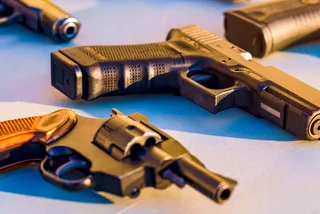At an expert parliamentary meeting investigating the full details of the Prague 2023 December shooting, a prosecutor has said a mental disorder did not influence the killer’s motive. The meeting also discussed a potential further investigation into the police’s response to the events at Charles University’s Faculty of Arts on Dec. 21, 2023, which saw 15 people dead and 25 others seriously injured.
No mental issues underpinned shootings
"The perpetrator was not affected by a mental disorder,” said state representative and prosecutor Jana Murínová, presenting the preliminary results from the committee’s investigation. Despite reports of receiving psychiatric treatment in the months before the 24-year-old went on his killing spree, Murínová noted that not all individuals seeking help from psychiatrists are considered sick.
"We are going deep into the history of his life," Murínová continued, referencing the ongoing examination of the offender's psychological profile. The investigation, which has been ongoing for six months, aims to determine the perpetrator's motive.
The Czech assailant had no prior criminal record, although owned a large range of guns due to his possession of a valid firearms license. Kozák graduated with a bachelor's degree in history and European studies and then continued with a subsequent master's degree in history at Charles University, with a focus on Polish history. Czech Police President Martin Vondrášek described him as an “excellent student" who never caused trouble in the past.
Before carrying out his atrocities, Kozák murdered a father with his two-month-old daughter in a forest in the east of Prague. On the day of the Prague university shooting, he shot his father dead before traveling to Charles University to take more lives.
Murínová emphasized that the parliamentary security committee would soon release the full details of the investigation into the shooting.
Questioning the police response
Members of the opposition ANO party also convened a special three-hour-long committee meeting to discuss how the Czech police responded to the shooting and to strategize the potential creation of a commission. Survivors and victims' family members were present – some believed a commission should be created, whereas others did not see a reason, as they thought the investigation would become politicized.
Committee chairman Pavel Žáček, a member of the ruling Civic Democrats party, said Thursday afternoon: “Questions will be answered. We want the situation clarified.”
The General Inspectorate of the Security Forces is currently investigating the police intervention. Other studies into the police response criticized the police for a slower-than-possible response, the failure to coordinate emergency text messages sent out to students at the Arts Faculty, and a delay in fully securing and evacuating the building.
Charles University announced Thursday that it estimates the shooting had a significant psychological impact on around 9,000 people. The Czech police, in a report published on its website, stated that hundreds of professionals from the Integrated Rescue System and partner organizations provided expert support and crisis intervention. As of mid-February, police recorded more than 6,500 support interventions provided, but said all forms of psychological support were not easy to count.













 Reading time: 2 minutes
Reading time: 2 minutes 


























